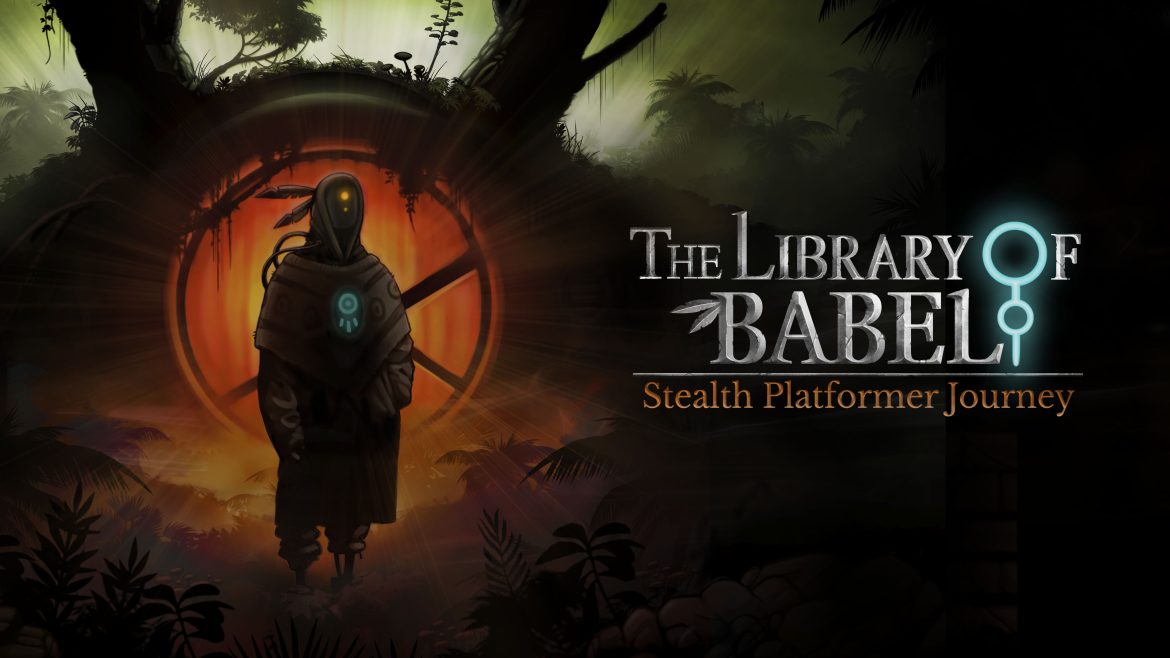TL;DR
Dive into "The Library of Babel," a unique platformer set in a robot-ruled future, inspired by Borges' classic tale. Uncover a universe-altering mystery as Ludovik, but be warned: the intricate narrative and gothic visuals are held back by frustratingly unclear platforming paths and puzzles that can quickly become illogical. While the game boasts a captivating soundtrack and stunning retro graphics, its core mechanics might leave you feeling more lost than enlightened. Discover if the compelling story and atmosphere are enough to overcome the gameplay flaws in our full review!
The Library of Babel draws inspiration from Jorge Luis Borges’ eponymous short story. The game is set 20,000 years after the extinction of humanity, leaving behind a world populated solely by robots. Players assume the role of Ludovik, dispatched to Babel to investigate a murder. During the investigation, Ludovik uncovers a wealth of forgotten information that could dramatically alter the existing world order.
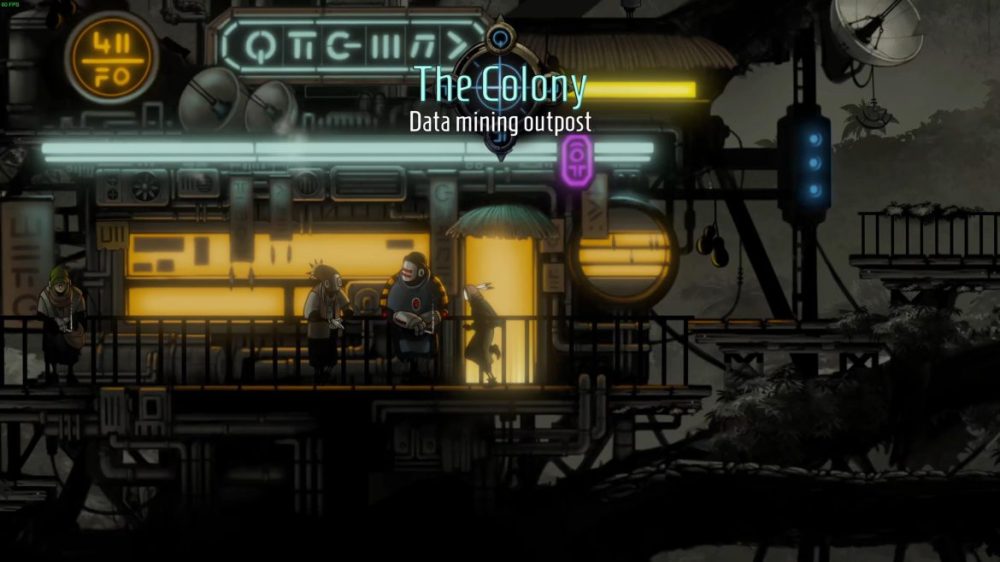
The Library of Babel features a straightforward game mechanic: a standard platforming adventure where players navigate from left to right, utilizing climbing and jumping to traverse ledges and progress. The game distinguishes itself through its intricate narrative, featuring numerous encounters and challenges.
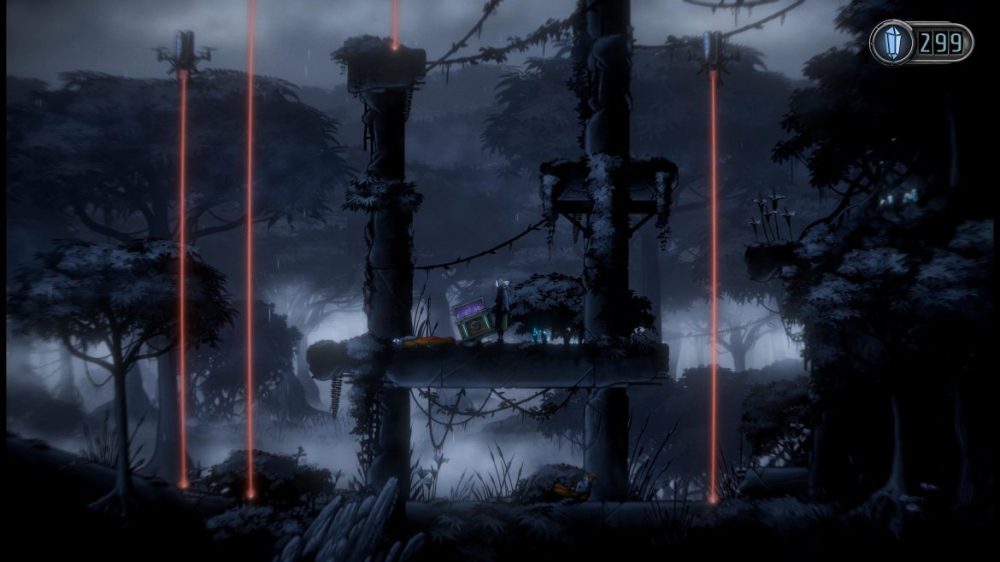
Unfortunately, the platforming elements suffer from certain drawbacks. Notably, determining the intended path can be unclear. While new information is provided, the game’s structure can leave players feeling disoriented, leading to reliance on trial and error rather than intuitive navigation. The level design also presents issues, with crucial pathways sometimes obscured, requiring players to be positioned precisely to proceed. This resulted in instances of unintentionally overlooking the correct route.
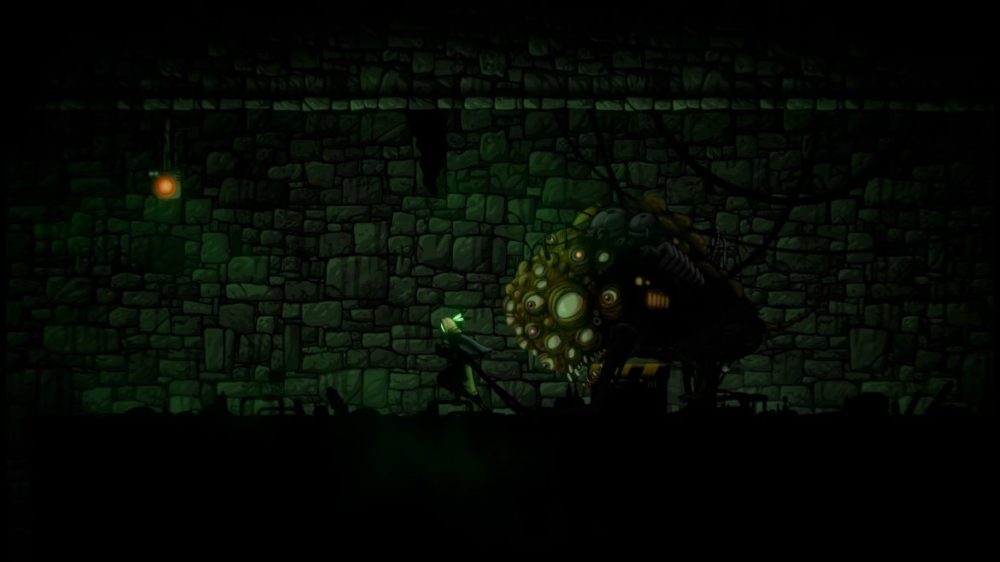
The Library of Babel boasts a distinct visual style with a compelling gothic aesthetic. The narrative is engaging and original, reflecting considerable effort invested in creating a sense of mystery and adventure. Initially, the puzzles are straightforward, involving combining items to progress. However, the difficulty escalates rapidly, occasionally bordering on illogical, which can lead to frustration.
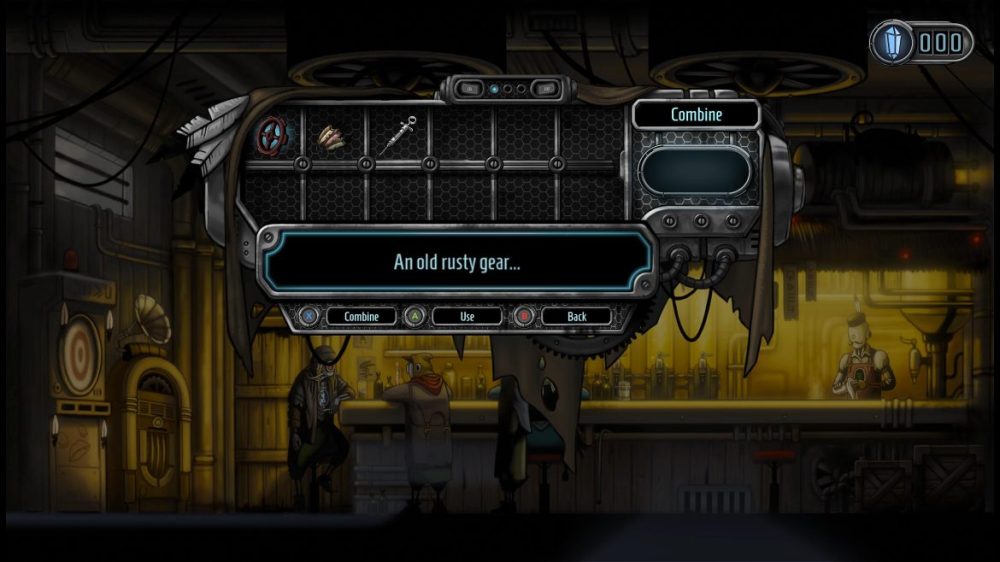
In summary, The Library of Babel presents a visually stunning experience with its meticulously crafted and detailed retro graphics. Testing on the Playstation 5 revealed no performance issues. The soundtrack is well-composed, and the sound design is commendable. The narrative is unique and, at times, genuinely captivating. It is regrettable that the game mechanics fall short, somewhat overshadowing the positive aspects and impacting the overall score.
Neon Doctrine provided a review code for this assessment. Provision of materials does not influence our editorial objectivity.
